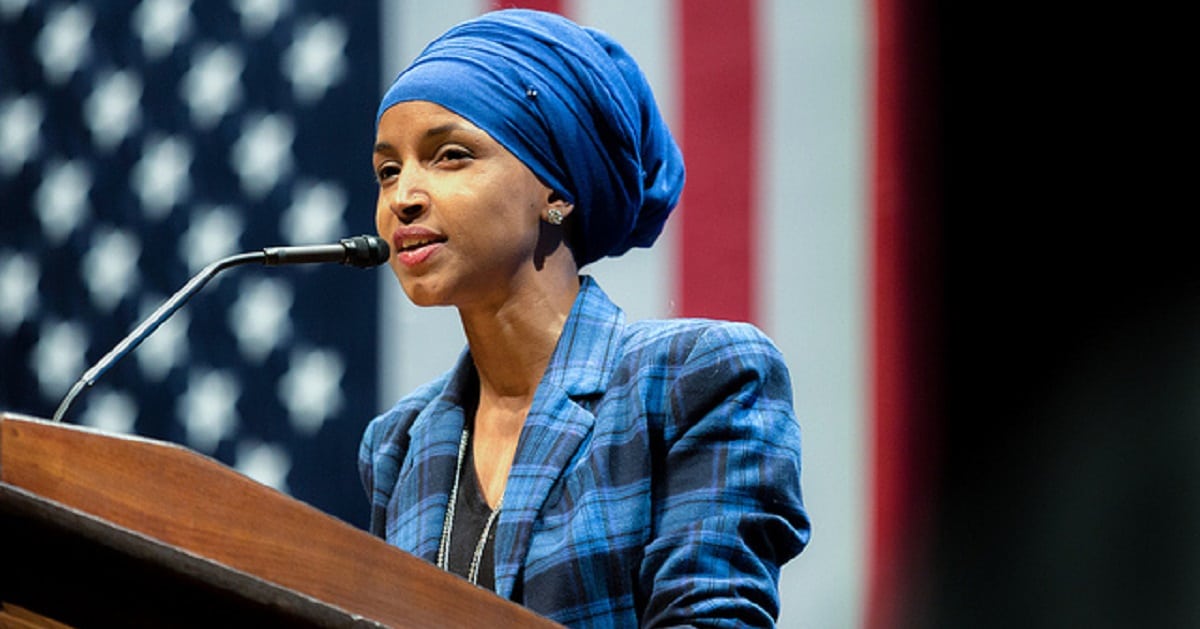




Congress has once again danced on the edge of a government shutdown, only to pull back at the last second with a temporary fix.
Breitbart reported that the House of Representatives passed a seven-week continuing resolution (CR) on Friday morning, narrowly averting a funding crisis with a vote of 217-213. It’s a classic Washington cliffhanger, but the drama is far from over.
The House vote kept the government’s lights on until Nov. 21, though the bill now faces a rocky road in the Senate with a looming deadline of Oct. 1.
This short-term spending measure, designed to buy time for a broader agreement, saw near-unanimous Republican support, save for a couple of party outliers.
Only two GOP members, Reps. Thomas Massie of Kentucky and Victoria Spartz of Indiana broke ranks to vote no. Massie, known for rejecting most legislation—including some key priorities of President Donald Trump—stayed true to form, while Spartz’s unpredictable voting patterns continue to raise eyebrows.
Here’s where it gets spicy: only one Democrat, Rep. Jared Golden of Maine, crossed the aisle to support the CR, defying party leadership.
Golden, representing a district that backed President Trump, might be playing a strategic game with an eye on political survival among a conservative-leaning constituency. It’s a bold move, but will it pay off or paint a target on his back?
President Trump himself endorsed this temporary funding patch, likely swaying many in the House GOP to fall in line. Yet, not everyone showed up to the party—Republican Rep. Jeff Shreve of Indiana didn’t cast a vote, nor did Democratic Reps. Adam Gray of California and Marie Gluesenkamp Perez of Washington. Their absence raises questions about commitment when the stakes are this high.
Speaking of Gluesenkamp Perez, she stated after the vote claiming to back the bill despite not voting. That’s a curious way to show support—sitting out the action but cheering from the sidelines. If you’re going to stand for something, shouldn’t you, well, stand up and be counted?
Now, the bill heads to the Senate, where it’s expected to hit a wall of opposition thicker than a Thanksgiving turkey. Senators are gearing up to vote on two proposals: first, a Democratic alternative that’s almost certain to flop with Republican majorities in both chambers and a GOP White House standing firm. Then, they’ll tackle the House-passed CR, which isn’t likely to fare much better.
This two-step voting dance in the Senate is supposedly meant to give budget negotiators extra time to hammer out a bipartisan deal.
But let’s be real—when both bills are predicted to fail, it feels more like a stalling tactic than a solution. The Senate plans to recess until just hours before the Oct. 1 deadline, turning up the heat on an already tense situation.
That deadline isn’t the only pressure point—Congressional leaders have a knack for scheduling these must-pass votes right before major holidays. With this CR expiring on Nov. 21, just days before Thanksgiving, lawmakers might feel the squeeze to wrap things up and head home for pumpkin pie. It’s a clever, if predictable, way to nudge reluctant members toward a “yes” vote.
Let’s not kid ourselves—government shutdowns are a disaster for everyday Americans, from delayed federal services to furloughed workers.
Yet, here we are, watching Congress play chicken with the budget as if it’s a game of political poker. The conservative instinct to demand fiscal responsibility is valid, but so is the need to keep the government running without unnecessary drama.
The lone Democratic “yes” from Golden highlights a rare crack in partisan walls, even if it’s likely driven by self-preservation in a Trump-friendly district. Still, it’s a reminder that not every vote fits neatly into ideological boxes. Perhaps there’s hope for a few more to prioritize pragmatism over party loyalty.
On the flip side, the Republican dissenters like Massie and Spartz show that even within the GOP, unity isn’t guaranteed. Massie’s consistent “no” votes signal a deeper distrust of government spending, a stance many conservatives can sympathize with, even if it risks gridlock. Spartz’s erratic track record, coupled with reported staff turnover, suggests internal chaos that could undermine party cohesion at critical moments.
As the Senate prepares for its votes, the clock ticks louder with each passing day toward Oct. 1. If neither bill passes, the government could grind to a halt, leaving federal workers and essential services in limbo. It’s a scenario no one wants, yet both sides seem dug in, unwilling to budge.



